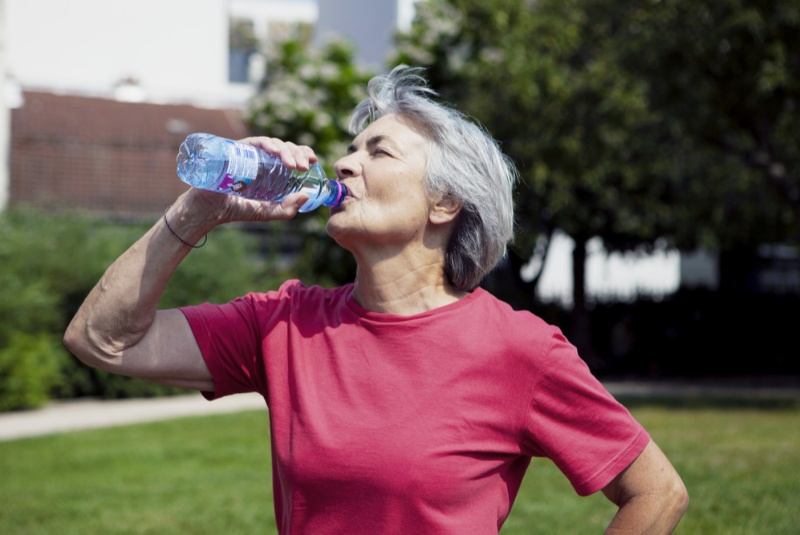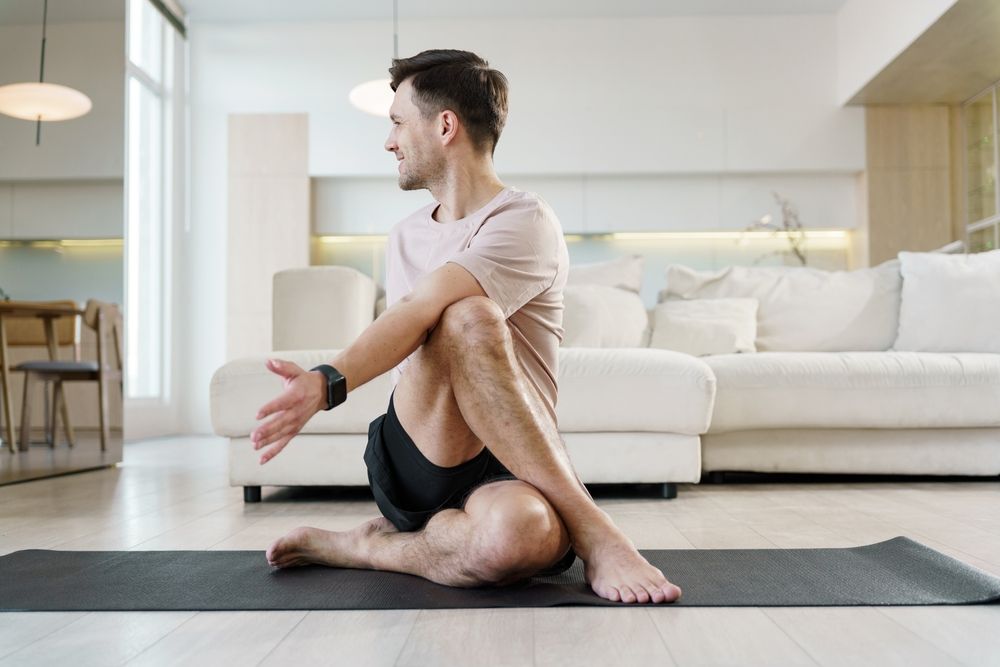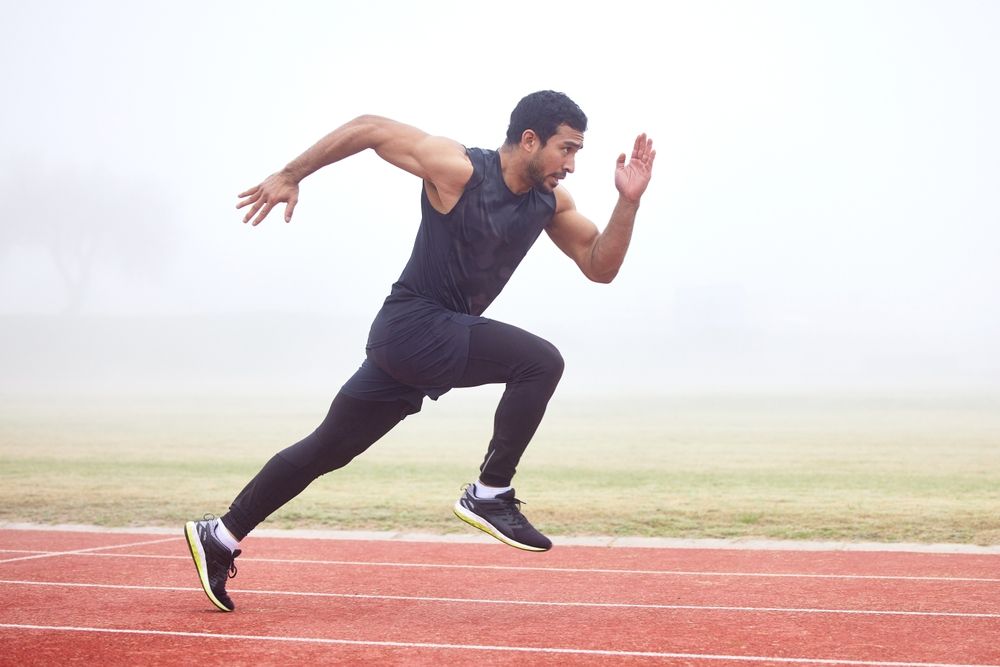As we age, it becomes increasingly important to prioritize our physical health and fitness. Regular exercise can help senior citizens maintain their independence, improve their overall health, and prevent a range of chronic conditions. But for many seniors, the thought of starting a new exercise routine can be daunting. Here’s what you need to know about exercise for senior citizens, including some tips for getting started.
Why Exercise is Important for Senior Citizens
Regular exercise is important for people of all ages, but it’s especially critical for senior citizens. Here are some of the ways that exercise can benefit seniors:
1. Improved balance and coordination: As we age, our balance and coordination can decline, which increases the risk of falls and injuries. Exercise can help improve balance and coordination, reducing the risk of falls.
2. Reduced risk of chronic diseases: Regular exercise has been shown to reduce the risk of chronic conditions like heart disease, diabetes, and osteoporosis.
3. Increased strength and mobility: Strength training and other forms of exercise can help seniors maintain their muscle mass and mobility, which can help prevent injuries and improve the overall quality of life.
4. Improved mental health: Exercise has been shown to improve mood, reduce stress, and even help prevent cognitive decline.
5. Socialization: Exercise can be a great way for seniors to socialize and connect with others, which can help combat loneliness and isolation.

Types of Exercise for Senior Citizens
There are many different types of exercise that can be beneficial for senior citizens. Here are a few to consider:
1. Strength training: Strength training exercises like lifting weights or using resistance bands can help seniors maintain their muscle mass and strength.
2. Aerobic exercise: Aerobic exercises like walking, jogging, or cycling can improve cardiovascular health and help seniors maintain their endurance.
3. Balance exercises: Balance exercises like standing on one leg or using a balance board can help improve stability and reduce the risk of falls.
4. Yoga or stretching: Yoga and stretching can help improve flexibility and mobility, which can be especially important for seniors.
5. Tai Chi: Tai Chi is a gentle form of exercise that can help improve balance, coordination, and overall physical and mental health.
Tips for Getting Started
If you’re a senior citizen looking to start an exercise routine, here are some tips to keep in mind:
1. Start slowly: It’s important to start slowly and gradually increase the intensity and duration of your workouts. This can help prevent injury and ensure that you’re able to stick with your exercise routine over the long term.
2. Talk to your doctor: Before starting any new exercise routine, it’s a good idea to talk to your doctor. They can help you determine what types of exercise are safe for you based on your health status and any medications you may be taking.
3. Choose activities you enjoy: Exercise doesn’t have to be boring or unpleasant. Choose activities that you enjoy, whether that’s going for a walk, taking a yoga class, or dancing.
4. Find a workout buddy: Working out with a friend or family member can be a great way to stay motivated and make exercise more fun.
5. Make it a habit: Try to make exercise a regular part of your routine. Whether that means scheduling a workout at the same time each day or finding a fitness class that you attend regularly, making exercise a habit can help ensure that you stick with it over the long term.
It’s never too late to start an exercise routine. Even if you’ve never been particularly active, there are plenty of activities that can be adapted to your fitness level and interests. Some seniors may be hesitant to start exercising due to concerns about their physical limitations or health conditions, but there are many options available that can be customized to meet individual needs and abilities.
When starting an exercise routine, it’s important to listen to your body and take breaks as needed. It’s also important to stay hydrated and fuel your body with nutritious foods to support your physical activity. By taking care of your body and prioritizing your health, you can continue to enjoy an active and fulfilling lifestyle well into your senior years.
In addition to the physical benefits, exercise can also have a positive impact on mental health and well-being. Regular exercise has been shown to improve mood, reduce stress, and boost cognitive function. For seniors who may be dealing with loneliness or isolation, exercise can also be a great way to connect with others and socialize.
Exercise is an essential component of a healthy lifestyle, particularly for seniors. With a little guidance and support, anyone can start an exercise routine that meets their individual needs and preferences. By staying active, seniors can improve their physical and mental health, maintain their independence, and enjoy a higher quality of life in their golden years. So why not lace up your sneakers and start moving today? Your body (and mind) will thank you.




